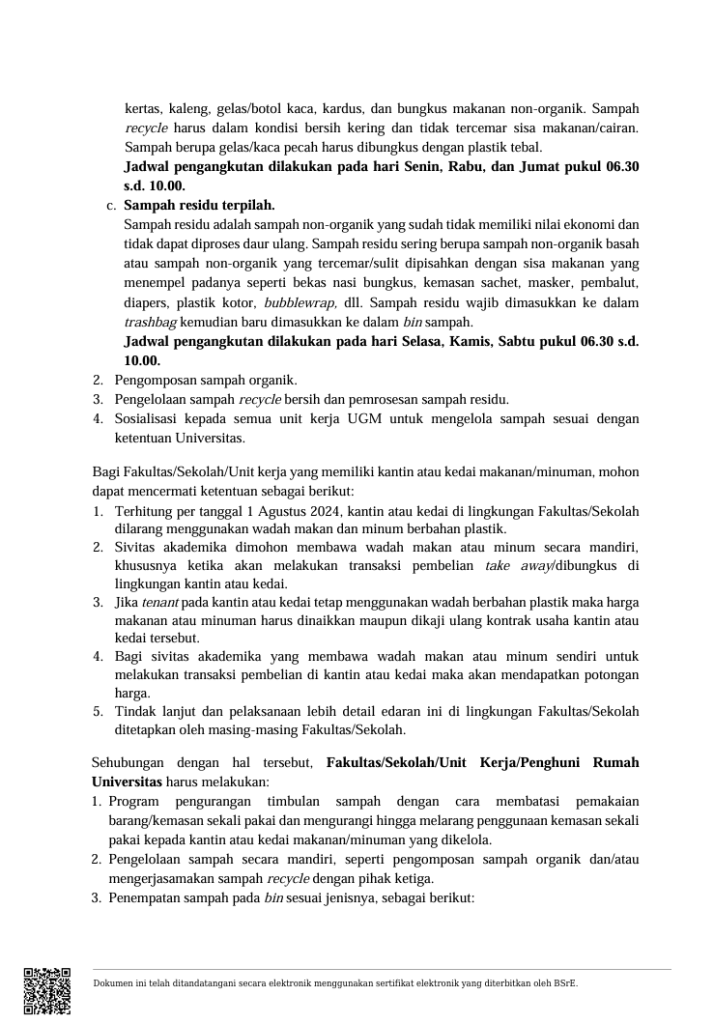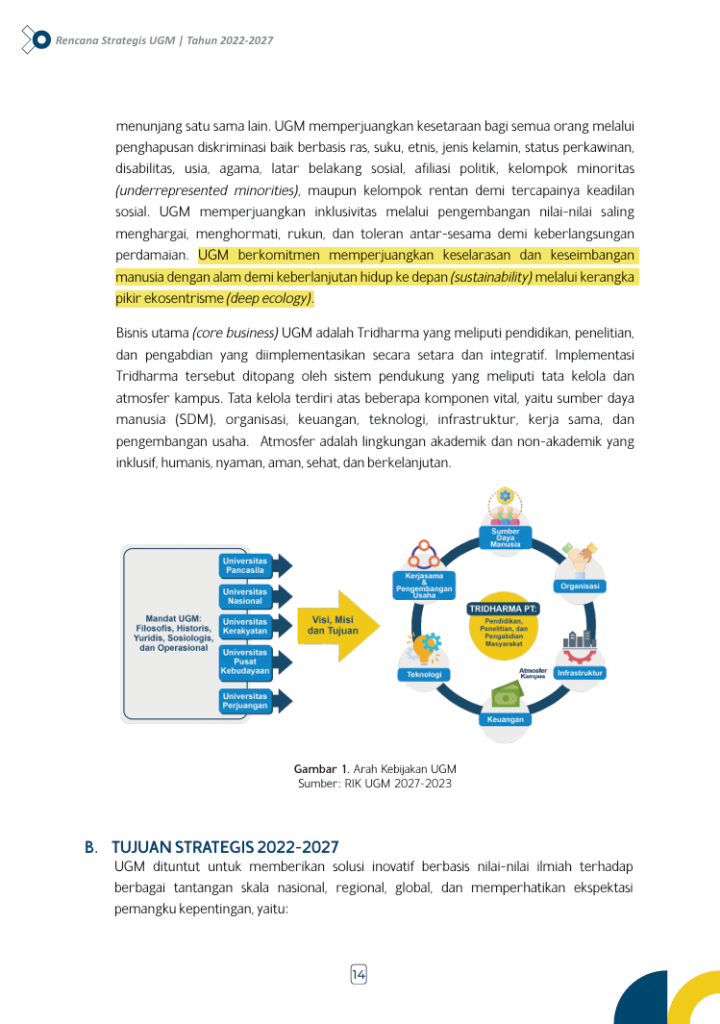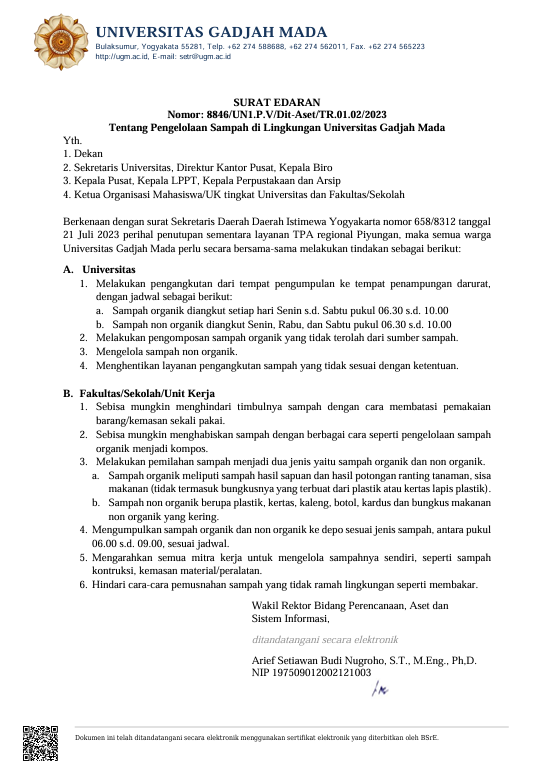UGM has a long-standing commitment to waste disposal management as part of achieving a sustainable campus. Within this agenda, UGM has established the waste recycling centre at the “Rumah Inovasi Daur Ulang – (RINDU)” also known as the House of Innovation for Recycling. Having this RINDU site is a benefit for UGM and at the same time, reduces the burden of Yogyakarta Province (where UGM is located) on landfill waste disposal. This RINDU recycle centre is managed by and located within the Agrotechnology Innovation Center (PIAT: Pusat Inovasi Agro Teknologi) at Universitas Gadjah Mada (UGM). The House of Innovation for Recycling “RINDU” is part of UGM’s evolving plans, which will be refined continuously until 2028. Encompassing multiple phases and long-term goals of achieving sustainability, the RINDU program involves various key components. These components include the integration of advanced recycling processes, the involvement of technology licensors to enhance the efficiency of waste management technologies, the development of a comprehensive total solution system for waste processing, and the replication of successful models in other contexts. The key components of RINDU are also parallel with the principles of the reduce, reuse, recycle (3R) program, focusing on minimising waste generation at the source, promoting the reuse of materials where possible, and efficiently recycling what remains. RINDU program also continuously educates all stakeholders at UGM, either at the faculties or working units level and advances waste treatment technologies; the program aims to reduce the overall environmental impact of waste and create a model for sustainable waste management. As a model of campus sustainable waste management, RINDU offers opportunities for replication in another setting, which contributes to positive externalities and long-term environmental and economic benefits.
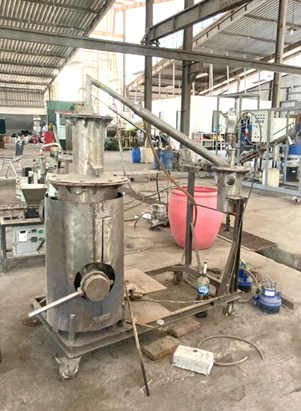
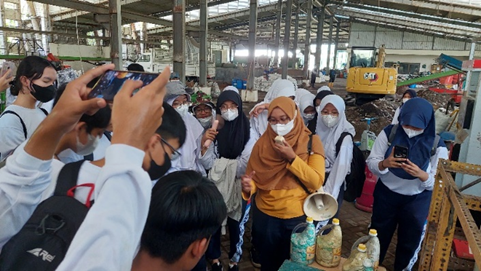

The waste management recycling program conducted by PIAT and the faculties at Universitas Gadjah Mada has made it the first university in Indonesia to manage 100% of its waste production independently. This initiative represents a collaborative innovation integrating expertise from the Faculty of Engineering, Biological Sciences, Environmental Sciences, and other disciplines, demonstrating a responsible approach to UGM campus waste management.
Universitas Gadjah Mada Strategic Plan 2022-2027, which contains a campus atmosphere that supports sustainable behaviour (p.11 and p.15) à UGM is committed to fighting for harmony and balance between humans and nature for the sake of sustainability in the future (sustainability)

